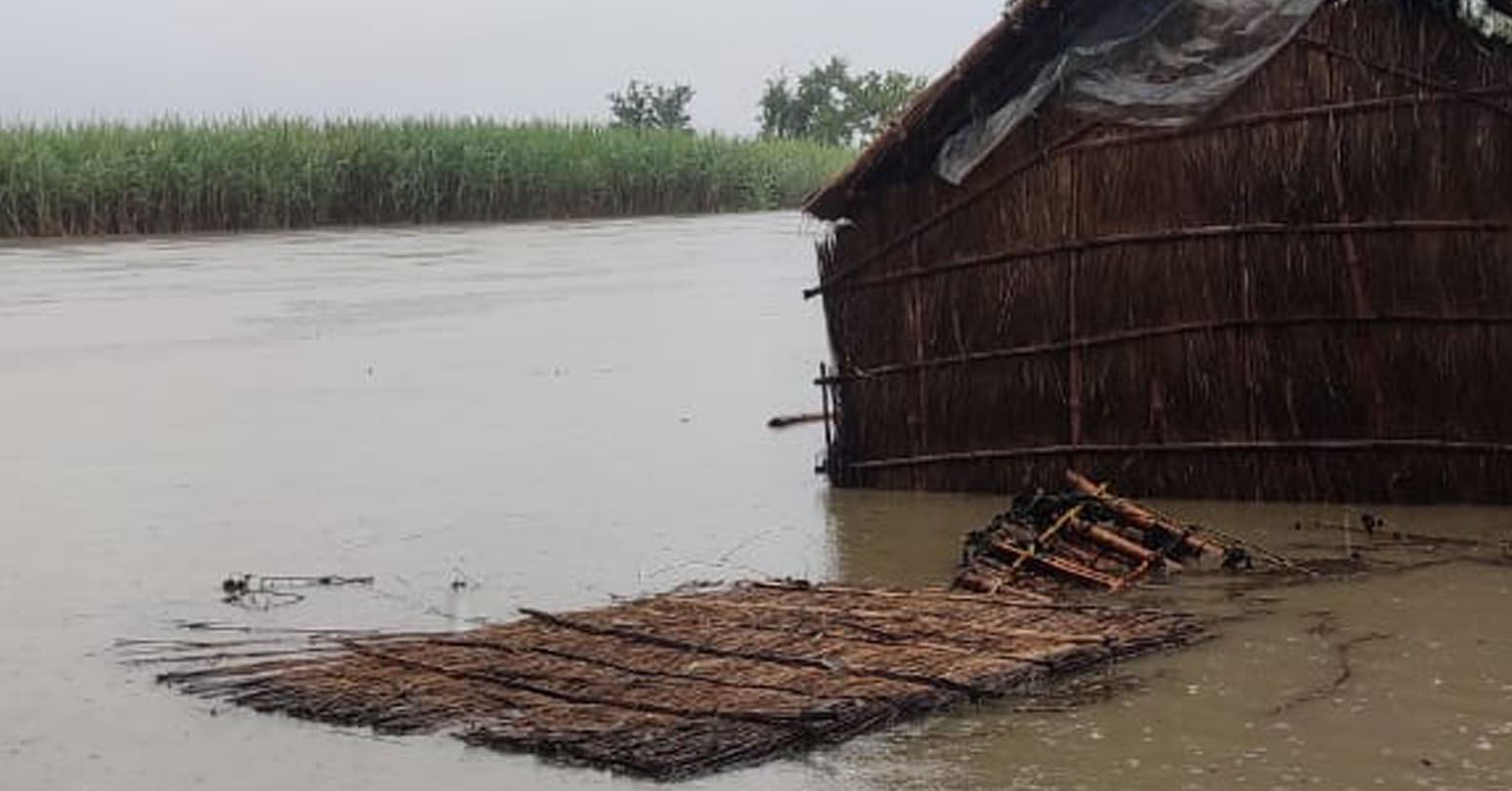
Hamas said on Friday that seven more hostages seized during its unprecedented attack on southern Israel on October 7 had died because of Israeli military operations in Gaza.
"After examination and scrutiny during recent weeks, we have confirmed the martyrdom of a number of our mujahideen and the killing of seven enemy prisoners in the Gaza Strip as a result of the Zionist (Israeli) bombing," said a statement attributed to a spokesman for its military wing, the Ezzedine al-Qassam Brigades.
Hamas seized around 250 Israelis and foreigners during the October 7 attack on southern Israel, which resulted in the deaths of about 1,160 people, mostly civilians, according to an AFP tally based on official figures.
Around 130 are still held captive.
Prior to Friday's announcement by Hamas, which AFP could not independently confirm, this included 31 that Israel said were presumed dead, among them six soldiers.
Friday's Hamas statement said the number of hostages killed as a result of Israeli military operations "may have exceeded" 70.
The reason for the discrepancy was not clear.
During a week-long truce in November a total of 105 hostages were released, the Israelis among them in exchange for Palestinians held in Israeli jails.
Egyptian, Qatari and US mediators are scrambling to lock down a new truce in Gaza, where Israel's campaign to eliminate Hamas has killed at least 30,228 people, mostly women and children, according to the Hamas-ruled territory's health ministry.
In telephone talks on Thursday, the three countries' leaders set out what a ceasefire deal could look like, the White House said.
"The leaders underscored that the release of hostages would result in an immediate and sustained ceasefire in Gaza over a period of at least six weeks," the White House said.
"They exchanged views on how such a prolonged period of calm could then be built into something more enduring."
-AFP



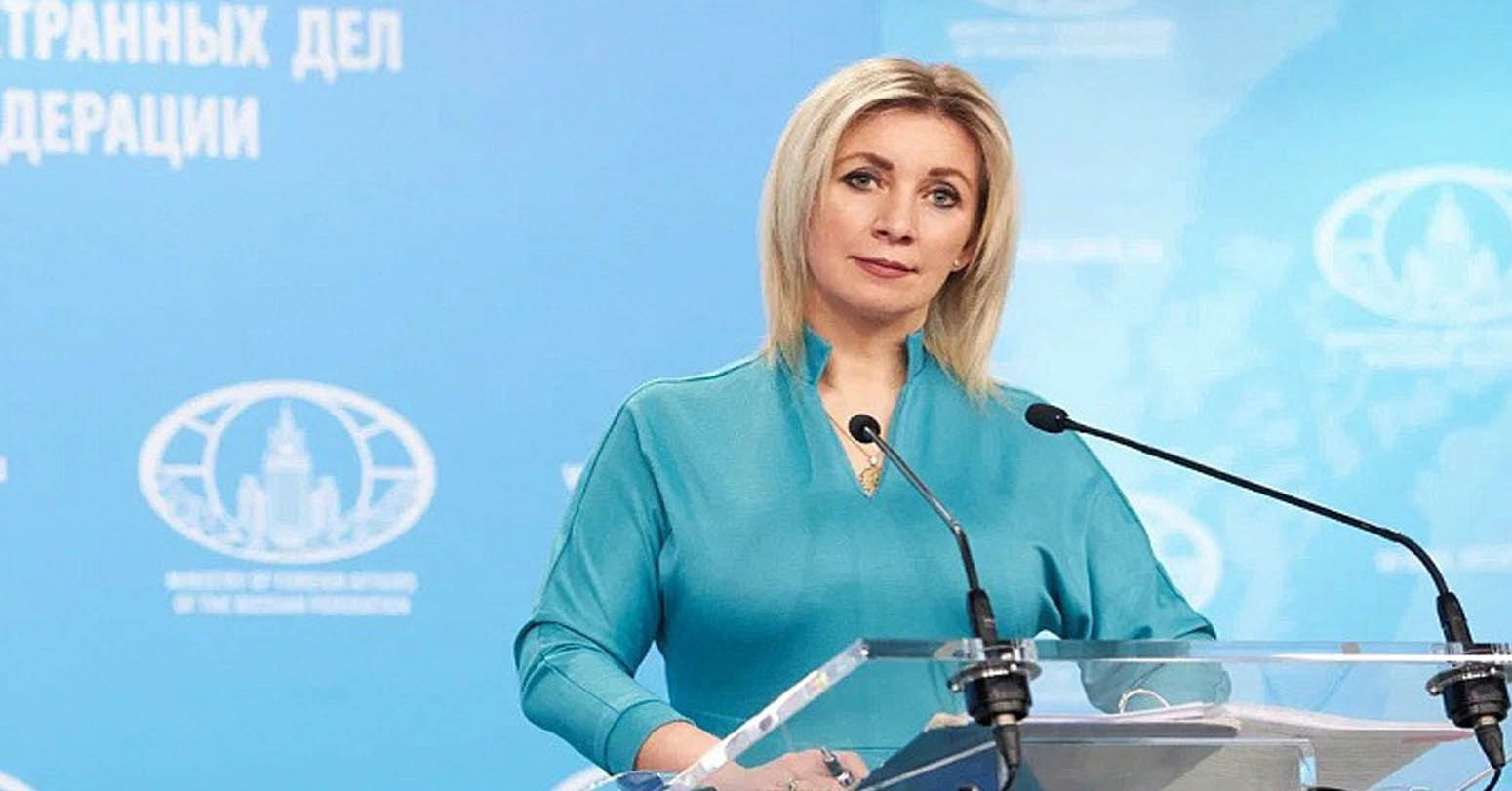



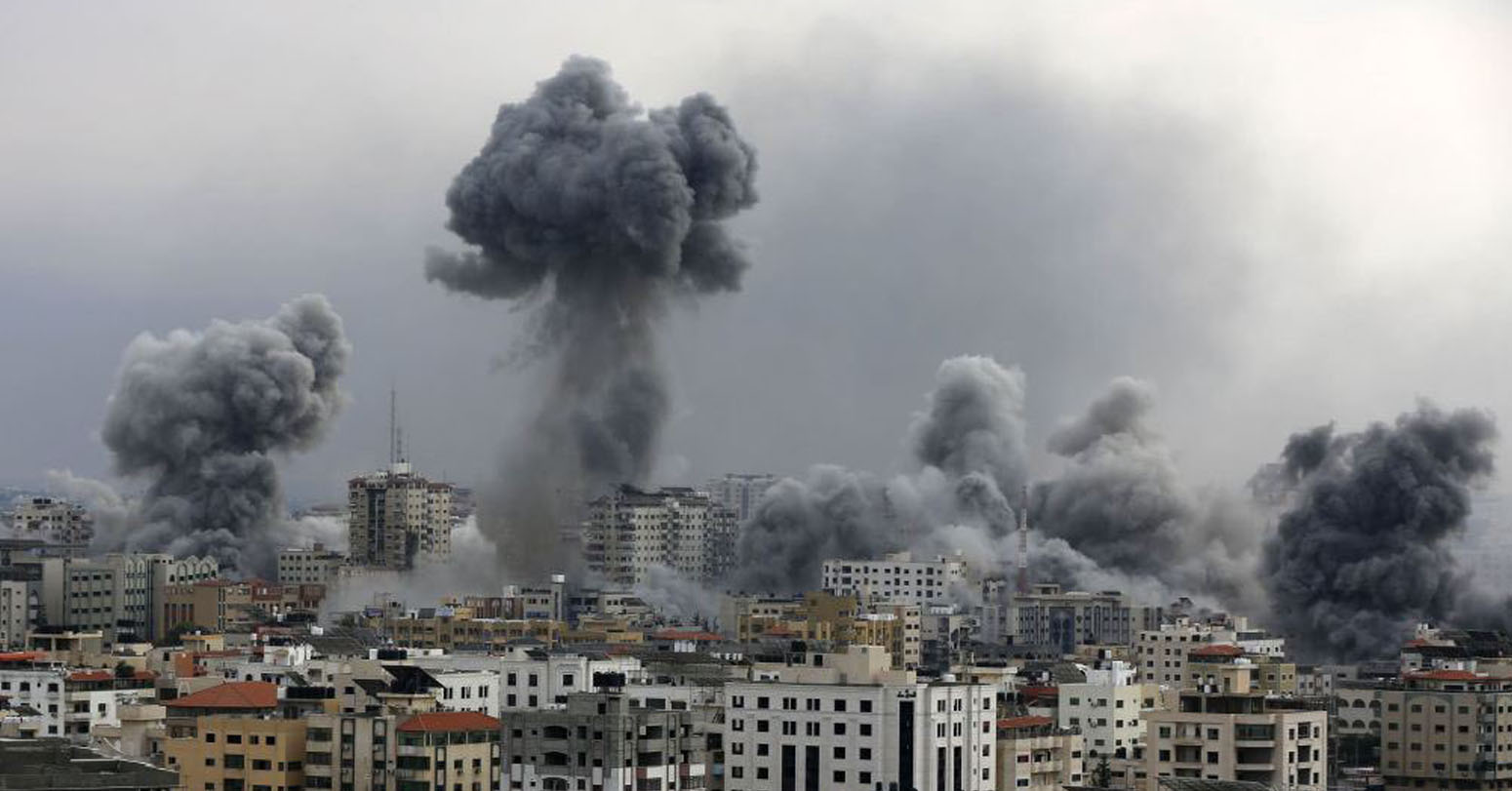

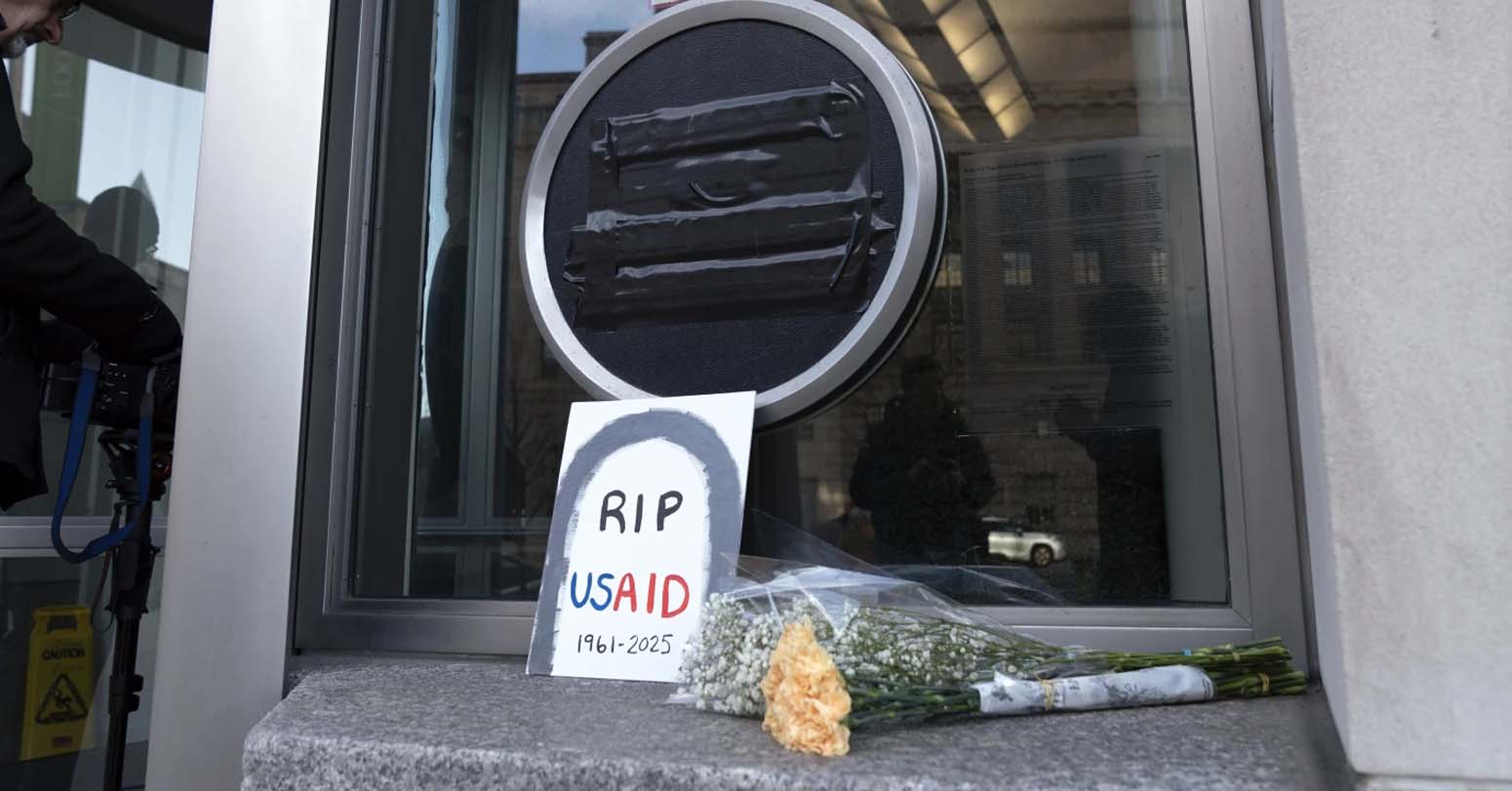


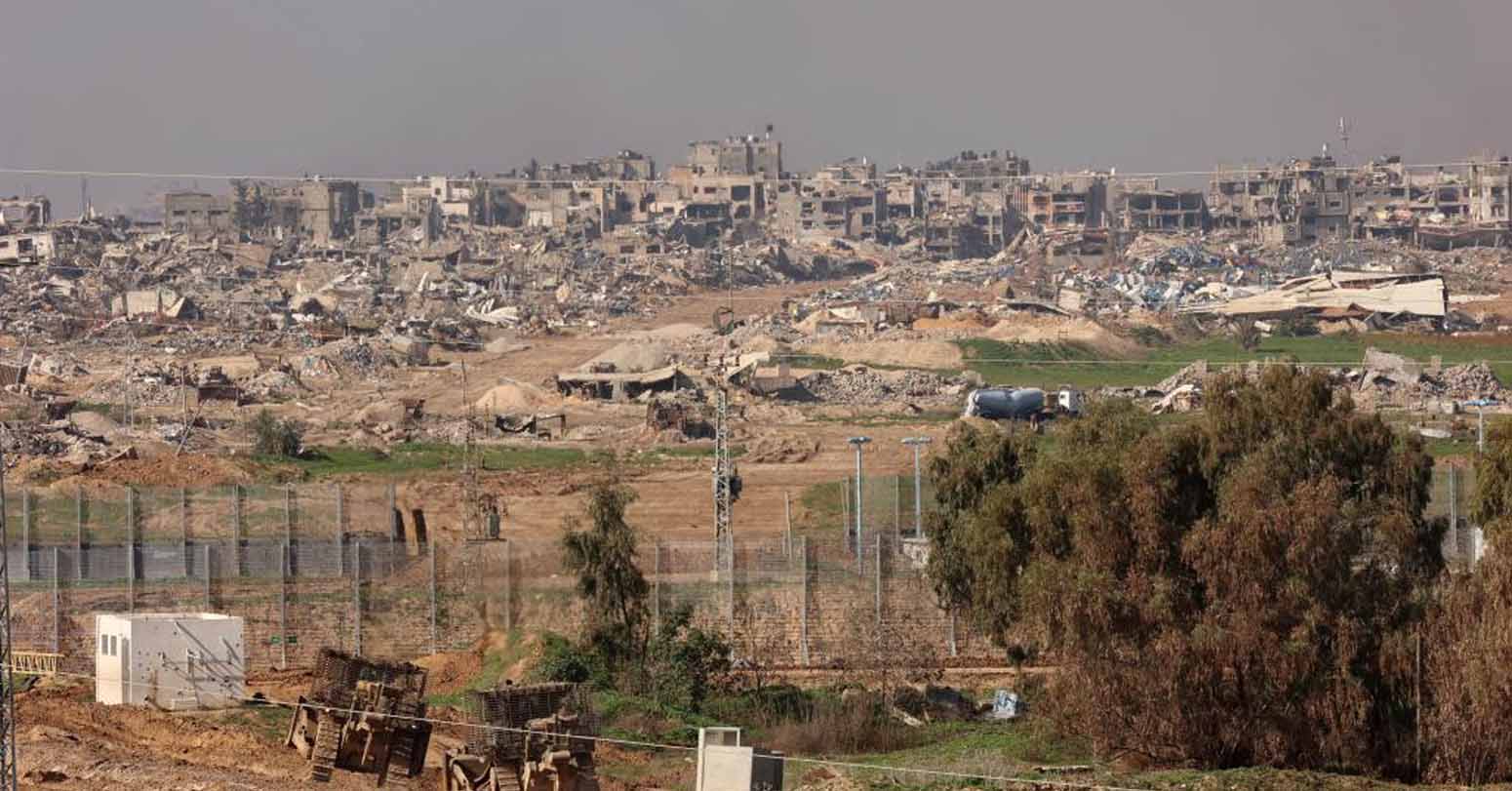




Middle-aged man spends millions to
Breathing The Unbreathable Air
Comprehensive Data Protection Law Critically
Gender Differences In Mental Healthcare
Dr. Dharam Raj Upadhyay: Man
Erosion of Democracy